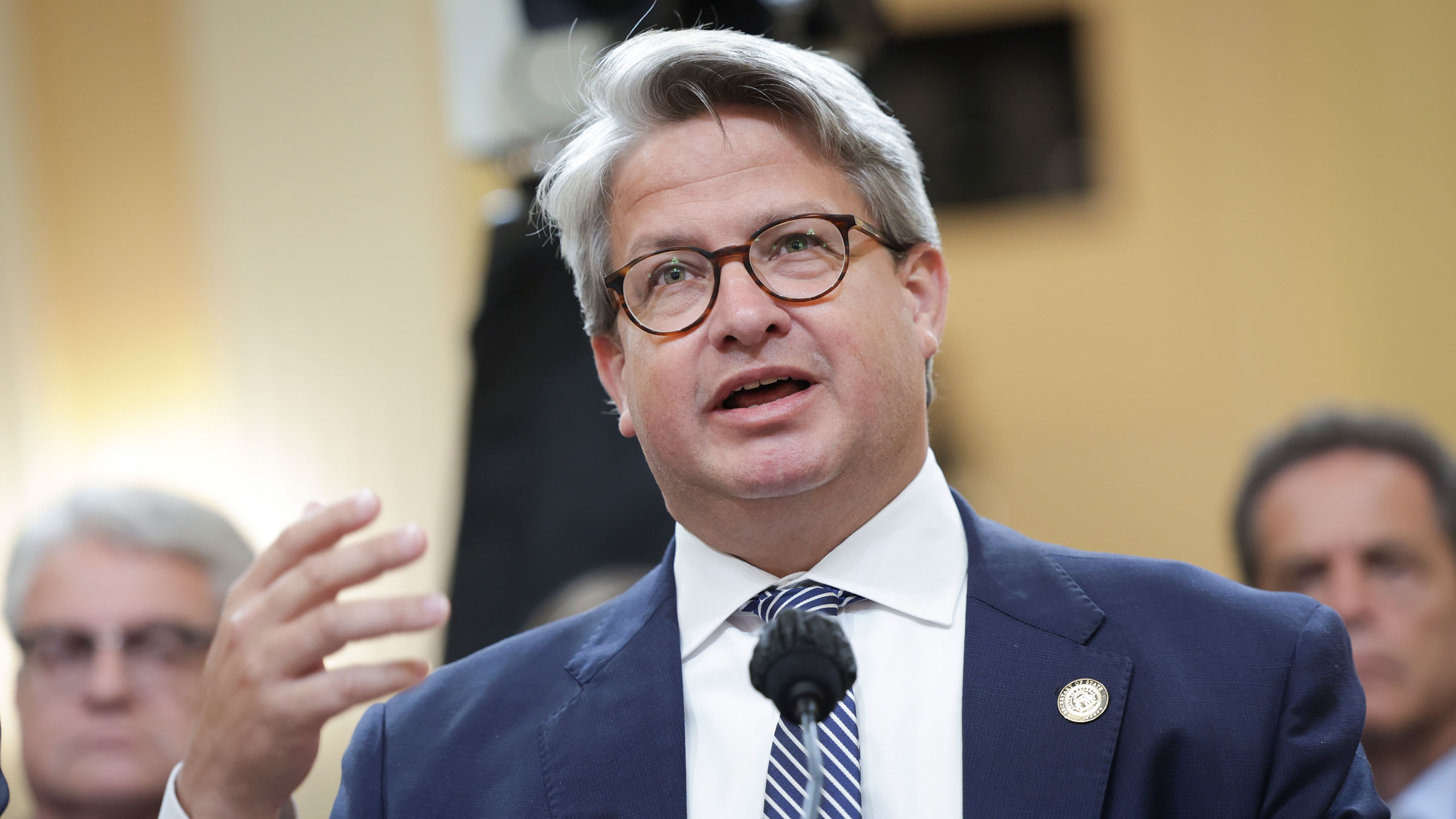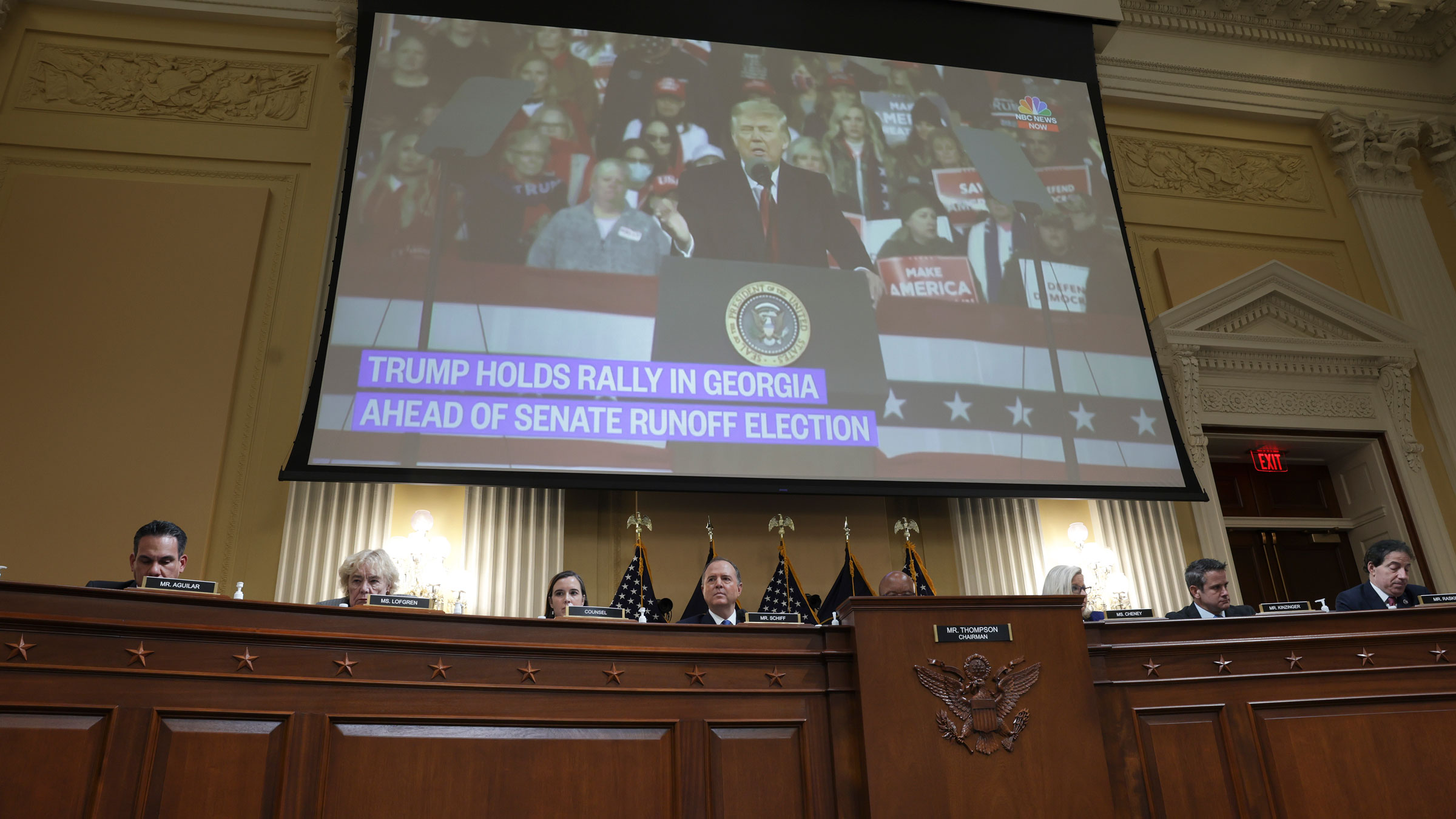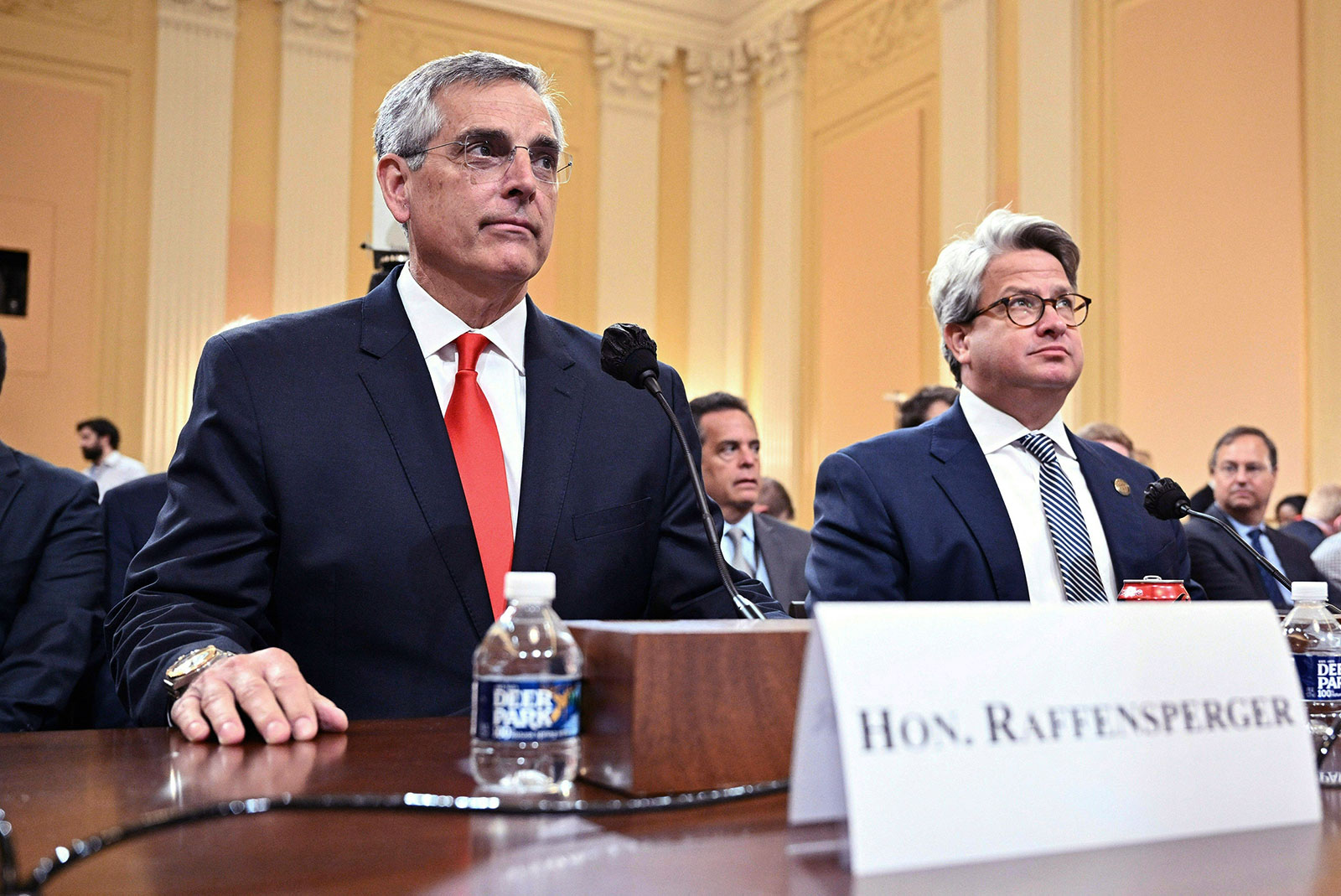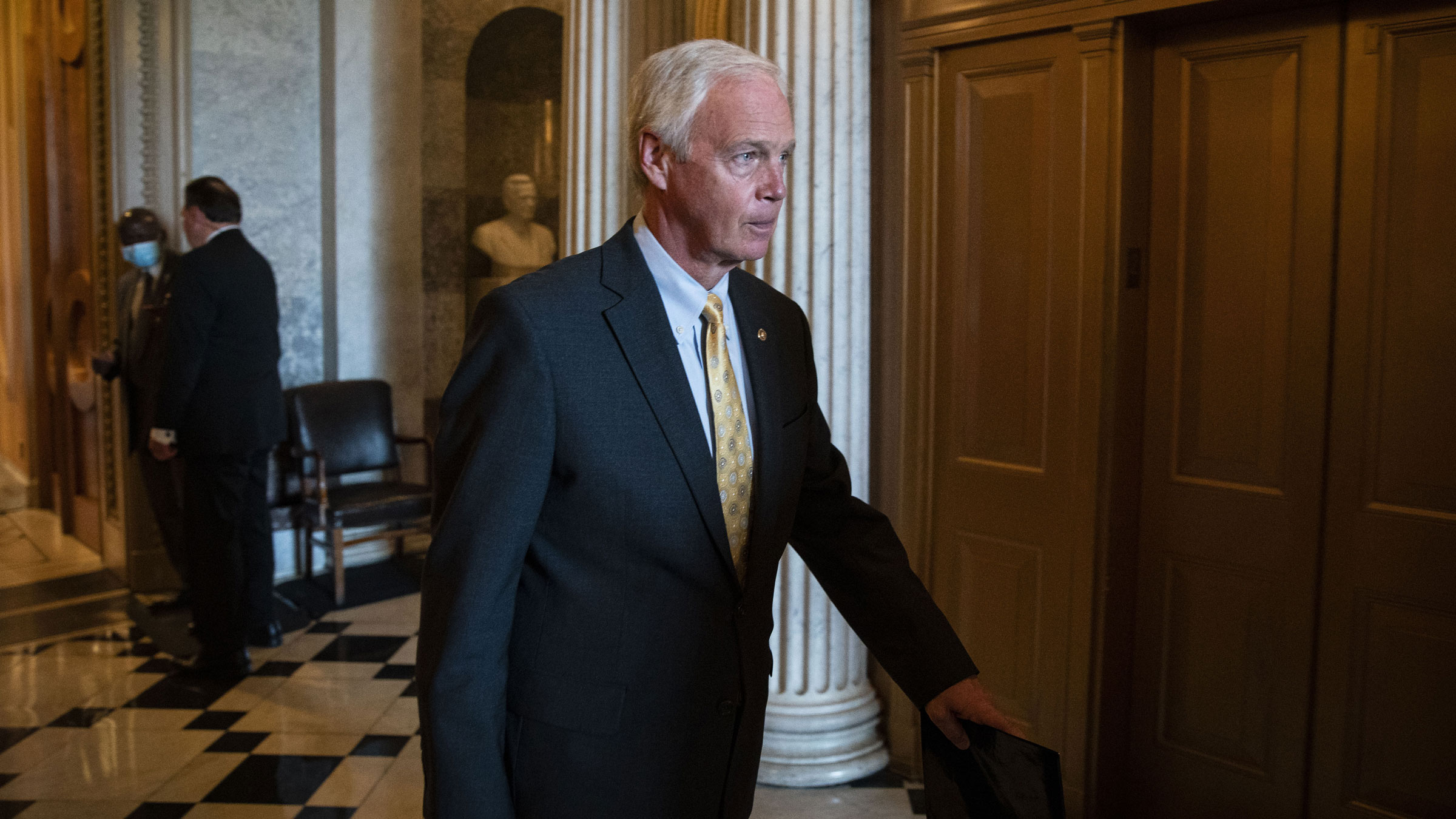
Georgia election official Gabe Sterling addressed the moment he directly called out former President Trump for inflammatory rhetoric which was impacting election workers in 2020.
On Dec. 1, 2020 Sterling said in remarks directed at Trump, "Mister President, it looks like you likely lost the state of Georgia. We are investigating. There is always the possibility. I get it. You have the rights to go to the courts. What you don't have the ability to do, and you need to step up and say this, is stop inspiring people to commit potential acts of violence. Someone's going to get hurt, someone's going to get shot, someone's going to get killed. And it's not right."
Sterling recalled the moment he "lost it" when he found out an election contractor working for Dominion Systems was receiving death threats "that had been posted by some QAnon supporters."
"I did pull up Twitter. And I scrolled through. I saw the young man's name. There was a particular tweet that, for lack of a better word, it was the 'straw that broke the camel's back.' The young man's name, a very unique name, first generation American I believe. It said his name, 'You committed treason, may god have mercy on your soul,' with a slowly twisting gif of a noose. And for lack of a better word I lost it. I just got irate, my boss was with me at the time... she could tell that I was angry. I tend to turn red from here up when that happens. And that happened at that time," Sterling explained.
He continued, "And she called Secretary Raffensperger to say, 'We were receiving these kinds of threats and Gabe thinks we need to say something about it. The secretary said 'yes,' and that is what prompted me to do what I did. I lost my temper. But it seemed necessary at the time. Because it was just getting worse. I could not tell you why that particular one was the one that put me over the edge, but it did."
##Witnesses#






